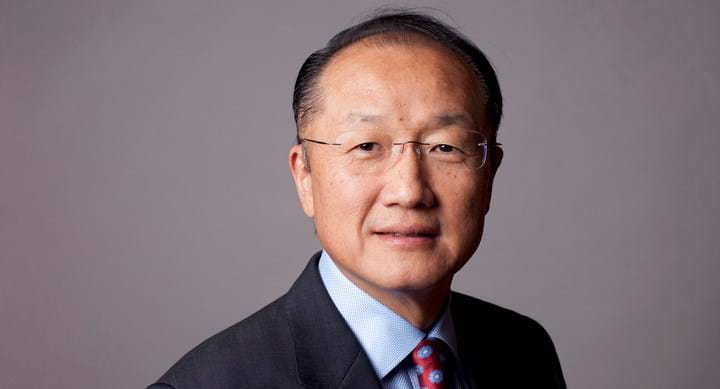World Bank to stop lending to oil and gas

WORLD BANK GROUP president Jim Yong Kim has announced that the organisation will no longer finance upstream oil and gas projects after 2019.
Kim was speaking at the One Planet climate summit, held on 12 December in Paris, France, which he co-hosted with French president Emmanuel Macron and the secretary-general of the United Nations (UN) António Guterres. The summit marks two years since the signing of the Paris Agreement on climate change with the aim of bringing together stakeholders including politicians, investors and scientists to help identify, fund and implement solutions to climate change.
“As a global multilateral development institution, the World Bank Group is continuing to transform its own operations in recognition of a rapidly changing world. To ensure alignment of our support to countries to meet their Paris goals, today we are announcing that the World Bank Group will no longer finance upstream oil and gas, after 2019,” Kim said in a speech.
He added that in “exceptional circumstances”, the Bank will still consider financing upstream gas in the poorest countries to enable broader energy access. However, projects will still need to be in line with individual countries’ Paris agreements.
The decision is another step away from fossil fuels for the World Bank, which in 2013 said that it would no longer finance coal-fired power stations.
In his speech, Kim said that in order to meet the Paris climate targets, policies must incentivise climate-friendly investments, such as in renewables. He said that fossil fuel subsidies should be removed, carbon pricing introduced more widely, and energy efficiency standards raised.
The news was greeted with delight by environmentalists.
“The end is clearly coming for the oil and gas industry as the pace of change accelerates,” said Greenpeace International climate campaigner Gyorgy Dallos, adding that the World Bank has “sent a damning vote of no confidence on the future of the fossil fuel industry. The world’s financial institutions now need to take note and decide whether their financing is going to be part of the problem or the solution.”
Kim also announced a number of new finance agreements signed by the World Bank, including a US$220m loan and an US$80m guarantee to Energy Efficiency Services to deploy thousands of electric cars and charging points, and millions of smart meters in India. It has also provided funding to Indonesia Geothermal for the early stage exploration and drilling phases of geothermal projects in Indonesia, and to the West African Coastal Areas Management Program which will tackle coastal erosion, flooding, and climate change adaptation in 17 African countries.
“We’re determined to work with all of you to put the right policies in place, get market forces moving in the right direction, put the money on the table, and accelerate action. That’s the only way we can meet the commitments we made two years ago, and finally begin to win the battle against climate change,” he said.
Recent Editions
Catch up on the latest news, views and jobs from The Chemical Engineer. Below are the four latest issues. View a wider selection of the archive from within the Magazine section of this site.




